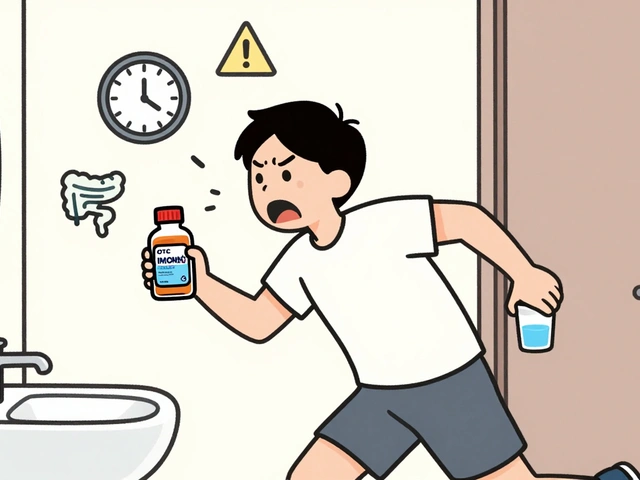Lyrica (pregabalin): what it treats, common side effects, and how to use it safely
Lyrica (generic name pregabalin) is a medicine people use for nerve pain, fibromyalgia, and some seizure types. It can help when other painkillers don’t work, but it also has side effects and safety rules you must know. Below I’ll give you straight, practical info so you can talk sensibly with your doctor or pharmacist.
How it works: Lyrica reduces abnormal nerve signals by acting on calcium channels in the nervous system. That calms nerve pain and lowers seizure risk. It doesn’t work the same way as opioids or typical painkillers, so it’s often chosen when those drugs fail or aren’t appropriate.
Who gets prescribed Lyrica?
Doctors commonly prescribe Lyrica for peripheral neuropathy (diabetes-related nerve pain), postherpetic neuralgia (pain after shingles), fibromyalgia, and as an add-on for certain partial seizures. Some countries also approve it for generalized anxiety disorder. Your doctor will weigh benefits against side effects before prescribing.
Common side effects and safety points
Expect some common effects at the start: dizziness, sleepiness, dry mouth, weight gain, and swelling in the legs or hands. Most of these lessen over a few weeks, but don’t drive or operate heavy machinery until you know how Lyrica affects you. Serious but less common issues include allergic reactions, mood changes, or unexpected muscle pain—report these right away.
Don’t stop Lyrica suddenly. Stopping abruptly can cause withdrawal symptoms like anxiety, insomnia, nausea, sweating, and return of seizures. Taper slowly under medical supervision. If you have kidney problems, dosing needs adjusting because the drug is cleared by the kidneys.
Mixing meds: Tell your doctor about all medicines you take. Lyrica can increase drowsiness with alcohol, opioids, or benzodiazepines. It may interact with other central nervous system depressants and some diabetes drugs. Your prescriber will check interactions and adjust doses if needed.
Buying Lyrica online: Get a valid prescription. Use licensed pharmacies that show contact info, a real pharmacist, and clear return policies. Avoid sites that sell without prescriptions, offer suspiciously low prices, or refuse to verify your doctor. If in doubt, call your local pharmacy or regulatory authority.
Practical tips: store Lyrica in its original container away from heat and moisture, keep track of doses, and keep a list of side effects. If you plan pregnancy or are breastfeeding, discuss risks with your doctor—pregabalin can pose risks in pregnancy and may need an alternative plan.
Got questions about dosing, side effects, or alternatives? Ask your prescriber or pharmacist. Lyrica helps a lot of people with nerve pain, but safe use and honest communication with your healthcare team matter more than quick fixes.

Lyrica (pregabalin) and Zoloft (sertraline) can be taken together, but this combination requires careful monitoring due to potential side effects. Lyrica, an anticonvulsant, and Zoloft, an SSRI for depression, might increase bleeding risks and suicidal thoughts. Professional guidance is crucial to manage these medications safely.






